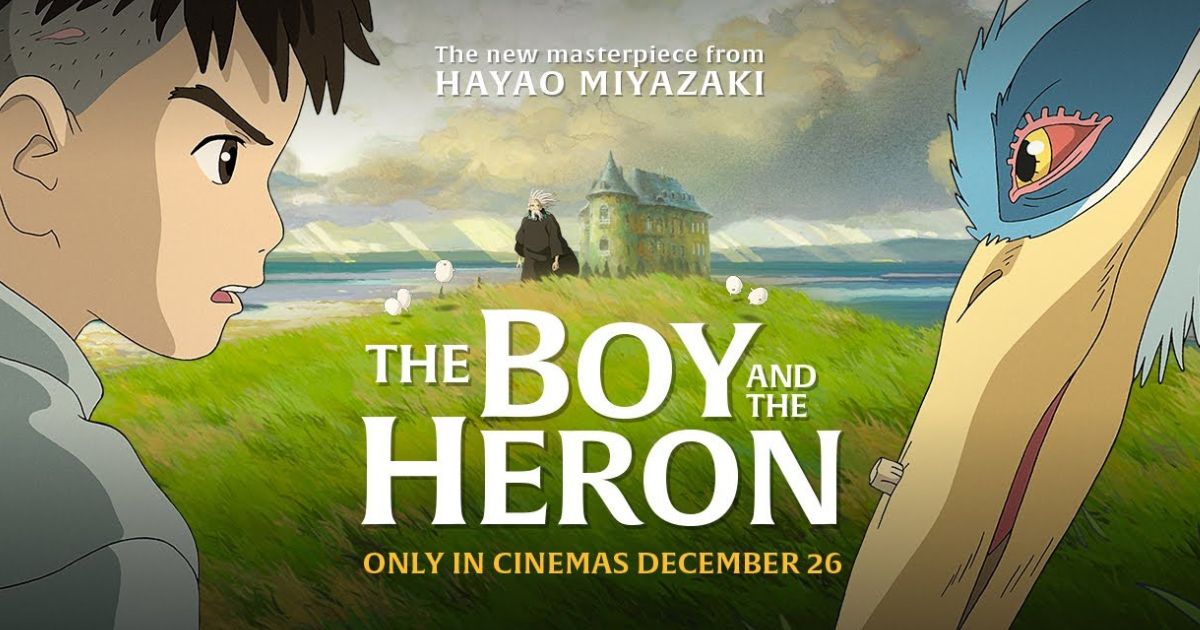Squid Games was a chart hit on Netflix, but there was a show that came out earlier in November 2020 and unlike Squid Games is based on an established manga and is apparently a faithful adaption of its source material. Enter Alice in Borderland, This show establishes some intense moments early on, with a succession of interesting story elements weaved in (like the playing cards, the death games, the paradise within hell, and the various twists at the end) and by its end, you feel like there is a proper set up for the next climatic season and destination. One thing is for sure, Alice in Borderland season two is set to premiere one day, whereas Squid Games’ next season still needs to be written.
Each of the Alice in Borderland episodes are around 40 to 50 minutes long and there are only 8 episodes in season one.
Arisu (as in Alice in Wonderland and he is a male) along with his friends Chota and Karube are mysteriously transported into an alternate Tokyo. This alternate Tokyo is a mirror of the real Tokyo where electricity, the internet and any way of escape is controlled by an invisible game master. (Whom we don’t see or know.) What makes matters worse is that all people who visit this world have a limited visa to remain in this realm. The expiry of a person’s visa means certain death from red lasers that shoot from the sky and death in this world means permanent, real death and not a return trip to the real world. The only way to extend a person’s visa is to take part in deadly games. The setting of this series is very much dystopian and reminiscent of films like Battle Royale and to a lesser extent Hunger Games. (To be honest, Hunger Games has nothing on either Battle Royal, Squid Games nor Alice in Borderlands.)
Similar to Squid Games, Alice in Borderland has a lot of similar themes. One of which is class inequality where power and authority in this world lies with the wealthy and charismatic and all else are the wealthy and powerful’s play things. Unfortunately, we don’t quite know who the ring leader of this alternate Tokyo just yet, but there are some very powerful figures that rule this alternate Tokyo. The other key theme is friendship. It is through the bonds with his friends and his fellow companions that Arisu is able to complete each of the trials. During some of the more intense death games, there is enough build up within the episodes to allow viewers to understand the emotions of the characters and their perspectives. Episode 3 is a great example of this.
Without spoiling too much, the story changes focus around episode 6. A few plot twists arise and at the time of watching, it almost felt like a different show, but on reflection I feel that those moments do work thanks to all the build up and foreshadowing in the earlier episodes.
Just a quick note that Usagi, the female lead, is incredible to watch because she is really acrobatic, being able to swoop from floor to floor with her athleticism. She uses these really impressive physical abilities on more than one or two occasions to save the day.

Between Squid Games and Alice in Borderland, I think Squid Games executes the emotional connection viewers have for certain characters, whereas Alice in Borderland gets the intensity and the narrative right in that Arisu has to rely on his wits to win the day. (The only game that didn’t seem fair was the one that happened on episode 3.)
Here are some of my recent articles:
Discover more from Australian Sightseer
Subscribe to get the latest posts sent to your email.



